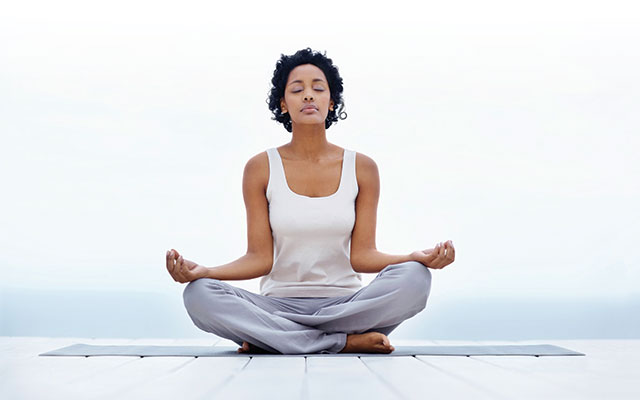This guide is for anyone who wants to meditate, or who seeks further understanding of what it really means to meditate. It will help you sort fact from fiction and will also cover the major pitfalls so you can learn how to meditate effectively.
The subject of meditation is often confusing and full of misinformation.
Once you complete this “Meditation for Beginners Guide,” you will know how to meditate effectively with the best meditation techniques and be equipped with all the tools necessary to improve your long-term health benefits and well-being.

First. Know what meditation is? Meditation is a technique for resting the mind and attaining a state of consciousness that is totally different from the normal waking state. So what does meditation do? Meditation is now being recommended by doctors everywhere to help in multiple ways including: stress relief, anxiety, depression, eating disorders, and even addiction. In other words, meditation helps to improve health. So why is it important? This means awareness of who you are in the subtle dimensions which go beyond your physical body, your mind and your emotions.
Second. Know the different types of meditation techniques. There are many forms of meditation in practice in the world today. Just remember that all meditation practices work and all are valid. It’s just becoming informed about them. Here are some list of names: Mindfulness, Transcendental Meditation ,Guided Visualization and the Heart Rhythm Meditation.
Third. Learn some basic of how to meditate.
1. Find a comfortable place where you can sit without distractions for at least 15 minutes.
2.Sit comfortably with your back upright and without back support, if physically possible.
3.Close your eyes and focus within.
4.Focus your attention.
5.If you notice your mind thinking, that’s okay, just bring your focus back to your technique.
6.When you have completed meditating, it is a good idea to give yourself a few minutes to acclimate slowly back into the activities of your day.
For the beginners, meditation is not only good for the minds – for relaxing, for focusing for lessening anxiety, For more feelings of well-being, for stress free and for deeper relaxation, etc. But also it is good for our health – Lower blood pressure, Improved blood circulation, Lower heart rate, Slower respiratory rate, Lower blood cortisol levels and etc.
Living in this world with a healthy mind and healthy body – is a perfect way to do what’s really your purpose in this world aside from helping your family. Start with positive vibes.


